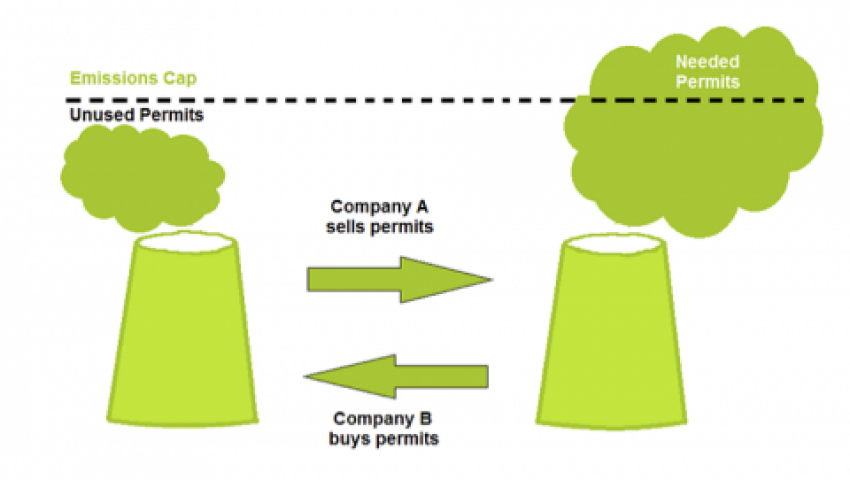If we want to stop the explosion of CO2 prices, we must support the decarbonisation of industry

The European Commission tried to deliver a "message of calm" on Friday during a EURACTIV event on Thursday (September 2nd), as CO2 prices rose for the first time above the 60-euro threshold on the EU carbon market. "I think we need to keep calm with the € 60 market," said Beatrice Jordi Aguirre, director of the European Commission's climate directorate in charge of European and international carbon markets.
"We do not expect this to be a situation that will last long," said Jordi Aguirre at the EURACTIV event dedicated to the European Emissions Trading System (ETS), urging participants to distinguish between short-term market conditions and long-term trends.
If you want to stop the explosion in carbon prices, what you can do is support your industry through decarbonisation, ”said Florian Rothenberg, an energy and carbon market analyst at ICIS, a market intelligence firm. He rejected the idea of introducing a price cap, saying that "the only effect it can have is that you do not ultimately achieve the goal of decarbonisation".
"We may have to think more about compensatory measures. But there is also a growing amount of auctioning revenue so that member states can apply it themselves, "he suggested.
Milan Elkerbut, a researcher at the Center for European Policy Studies (CEPS), agreed, saying "separate mechanisms" are needed to tackle high carbon prices, instead of changing the Emissions Trading Scheme (ETS), which fulfills its role by sending a price signal for decarbonisation of the economy.
Carbon prices rose above 60 euros for the first time on Monday, setting a new record in the EU's ETS, the bloc's carbon market. This affected electricity prices, which also reached record levels, reaching 140 euros per MWh in day-ahead trading on Wednesday.
Poland and Spain have raised concerns about the escalation of carbon prices too quickly, an issue that is likely to re-emerge in the political debate as EU countries consider the proposed ETS reform introduced by the European Commission in July.
"Higher CO2 prices mean we have to spend billions on compliance costs," said Pavel Choch, vice president of corporate affairs at PGE, Poland's state-owned electricity company. This is obviously a problem for a company like PGE, which today is largely based on coal
"The market works"
Jordi Aguirre of the Commission said the high carbon prices were the result of several factors, including rising gas prices and the EU ETS reform adopted two years ago to raise the price of CO2 and encourage companies to reduce emissions. "It is true that we are now in the context of high gas prices," she admitted, adding that this was only short-term and probably related to the "geopolitical situation" related to the Nord Stream gas pipeline. In our impact assessment, we worked with prices between 50 and 80 euros, she said.
"The market is working and sending a strong signal for decarbonisation," added Jordi Aguirre, citing "investment mechanisms and other instruments" available to EU member states to tackle high carbon prices and "stimulate decarbonisation in an appropriate way. “.
Analysts agreed, saying the EU carbon market was sending the right price signal to decarbonise the economy.
Frans Timmermans, the EU's head of climate, also warned that there was no need for market intervention in response to high prices. "This would absolutely undermine confidence in the emissions trading system," he said earlier this year, when carbon prices rose above 50 euros for the first time.
